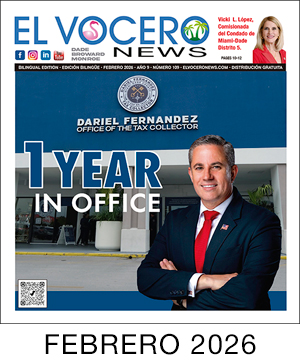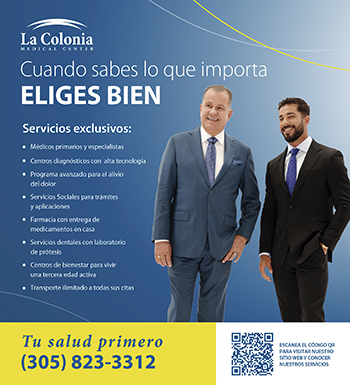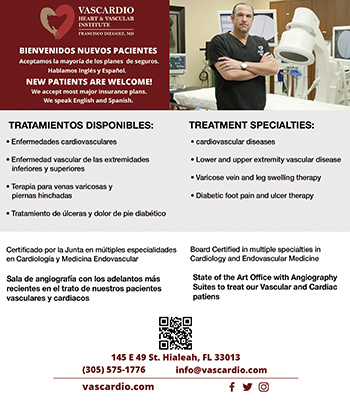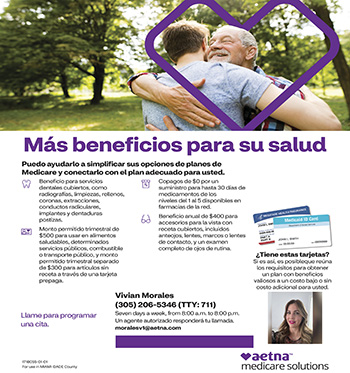When your child turns 18 years old, they legally become an adult. This is an important time to consider their financial future – especially if they need additional care into adulthood. Here are 5 things that may help you prepare for this milestone:
1. Health and Welfare Decision-making
When your child legally becomes an adult, you can no longer make certain decisions for them about their health and welfare. However, you can stay involved through:
- A Representative Payee: Social Security will determine who best serves as a Representative Payee for your child’s benefits. To learn more about the Representative Payee program, read our webpage at www.ssa.gov/payee/index.htm.
- Guardianship: This requires court involvement. It may be necessary if your child can’t execute a power of attorney. Please consult an attorney for assistance.
2. Changes in Supplemental Security Income (SSI) Eligibility
SSI provides monthly payments to adults and children with a disability or blindness who have income and resources below specific financial limits.
If your child receives SSI, when they turn 18 we will review their eligibility for continued SSI payments based on the disability rules for adults. For more information, please review the publication, What You Need To Know About Your Supplemental Security Income (SSI) When You Turn 18 at www.ssa.gov/pubs/EN-05-11005.pdf. Please be sure to review this with your child. We also encourage you to check out Social Security’s Youth Resources page at www.ssa.gov/youth.
3. Education Transitions
If your child attends public school, they have a few options to continue their education, such as pursuing:
- A diploma: They may pursue further education in college or trade programs with an Individualized Education Program (IEP). More information on the IEP is available at www.ssa.gov/pubs/EN-64-118.pdf.
- A certificate: They may have the opportunity to continue in a transitional program in their high school even after they complete their senior year. Most are permitted to remain until they turn 22.
- Employment: Local Vocational Rehabilitation Services can assist with employment options during pre-graduation IEP meetings.
4. Support for Living Arrangements
Once your child turns 18, they may choose or qualify for different living arrangements depending on the services they already receive. If your child receives therapy services at school, how will they receive them once they leave? They could receive them through a Medicaid waiver or private insurance.
Qualification for respite services may also look different. Respite services allow family caregivers time to step away from their duties. It is essential you understand all the benefits and options available to your child after they complete high school before deciding on living arrangements and services.
5. Financial Protections
- Special Needs Trust: Update estate planning documents before your child turns 18. Otherwise, inheritance may terminate your child’s governmental benefits.
- ABLE Account: You can deposit funds into this account up to a certain limit each year; however, there are limits on what its funding covers. More information on ABLE accounts is available at www.ssa.gov/payee/able_accounts.htm
Children receiving benefits on a parent’s record may continue to receive those benefits until age 19 if they’re a full-time elementary or secondary school student. People who have a qualifying disability that began before age 22 may also be eligible to receive child’s benefits at any age. For more information, please review the publication, Benefits for Children at www.ssa.gov/pubs/EN-05-10085.pdf.
As your child turns 18, consider these issues while you navigate their financial future. For more information, please contact the Special Needs Alliance at www.specialneedsalliance.org/contact-us or visit the Social Security website at www.ssa.gov.
Our posting of this article does not constitute an endorsement or recommendation of any non-Social Security organization, author, or webpages.
5 cosas que debe saber cuando su hijo con discapacidad cumple 18 años
Cuando su hijo cumple 18 años, se convierte legalmente en adulto. Este es un momento importante para considerar su futuro financiero, especialmente si necesitan atención adicional hasta la edad adulta. Aquí hay 5 cosas que pueden ayudarlo a prepararse para este hito:
1. Toma de decisiones sobre salud y bienestar
Cuando su hijo se convierta legalmente en adulto, usted ya no podrá tomar ciertas decisiones por él sobre su salud y bienestar. Sin embargo, puedes seguir participando a través de:
- Un beneficiario representante: el Seguro Social determinará quién actúa mejor como beneficiario representante para los beneficios de su hijo. Para obtener más información sobre el programa Beneficiario Representante, lea nuestra página web en www.ssa.gov/payee/index.htm.
- Tutela: Esto requiere la participación del tribunal. Puede ser necesario si su hijo no puede ejecutar un poder. Consulte a un abogado para obtener ayuda.
2. Cambios en la elegibilidad para el Ingreso de Seguridad Suplementario (SSI)
SSI proporciona pagos mensuales a adultos y niños con discapacidad o ceguera que tienen ingresos y recursos por debajo de límites financieros específicos. Si su hijo recibe SSI, cuando cumpla 18 años revisaremos su elegibilidad para recibir pagos continuos de SSI según las reglas de discapacidad para adultos.Para obtener más información, revise la publicación Lo que necesita saber sobre su ingreso de seguridad suplementario (SSI) cuando cumpla 18 años en ssa.gov/pubs/EN-05-11005.pdf.
Asegúrese de revisar esto con su hijo. También le recomendamos que consulte la página de Recursos para jóvenes del Seguro Social en www.ssa.gov/youth.
3. Transiciones educativas
Si su hijo asiste a una escuela pública, tiene algunas opciones para continuar su educación, como por ejemplo:
- Un diploma: Pueden continuar su educación en programas universitarios o comerciales con un Programa de Educación Individualizado (IEP). Más información sobre el IEP está disponible en www.ssa.gov/pubs/EN-64-118.pdf.
- Un certificado: Es posible que tengan la oportunidad de continuar en un programa de transición en su escuela secundaria incluso después de completar su último año. A la mayoría se les permite permanecer hasta que cumplan 22 años.
- Empleo: Los servicios locales de rehabilitación vocacional pueden ayudar con las opciones de empleo durante las reuniones del IEP previas a la graduación.
4. Apoyo para la vivienda
Una vez que su hijo cumpla 18 años, podrá elegir o calificar para diferentes arreglos de vivienda dependiendo de los servicios que ya reciba.Si su hijo recibe servicios de terapia en la escuela, ¿cómo los recibirá una vez que se vaya?Podrían recibirlos a través de una exención de Medicaid o de un seguro privado. La calificación para los servicios de relevo también puede verse diferente.Los servicios de relevo permiten que los cuidadores familiares tengan tiempo para alejarse de sus obligaciones.Es esencial que comprenda todos los beneficios y opciones disponibles para su hijo después de completar la escuela secundaria antes de decidir sobre los arreglos y servicios de vivienda.
5. Protecciones financieras
- Fideicomiso para necesidades especiales: actualice los documentos de planificación patrimonial antes de que su hijo cumpla 18 años. De lo contrario, la herencia puede cancelar los beneficios gubernamentales de su hijo.
- Cuenta ABLE: Puede depositar fondos en esta cuenta hasta un límite determinado cada año;sin embargo, existen límites en cuanto a lo que cubre su financiación.Más información sobre las cuentas ABLE está disponible en www.ssa.gov/payee/able_accounts.htm Los niños que reciben beneficios en el registro de uno de los padres pueden continuar recibiendo esos beneficios hasta los 19 años si son estudiantes de escuela primaria o secundaria de tiempo completo.Las personas que tienen una discapacidad calificada que comenzó antes de los 22 años también pueden ser elegibles para recibir beneficios por hijos a cualquier edad.Para obtener más información, revise la publicación Beneficios para niños en www.ssa.gov/pubs/EN-05-10085.pdf.
Cuando su hijo cumpla 18 años, considere estos temas mientras navega por su futuro financiero. Para obtener más información, comuníquese con Special Needs Alliance en www.specialneedsalliance.org/contact-us o visite el sitio web del Seguro Social en www.ssa.gov. Nuestra publicación de este artículo no constituye un respaldo o recomendación de ninguna organización, autor o página web que no sea del Seguro Social.














